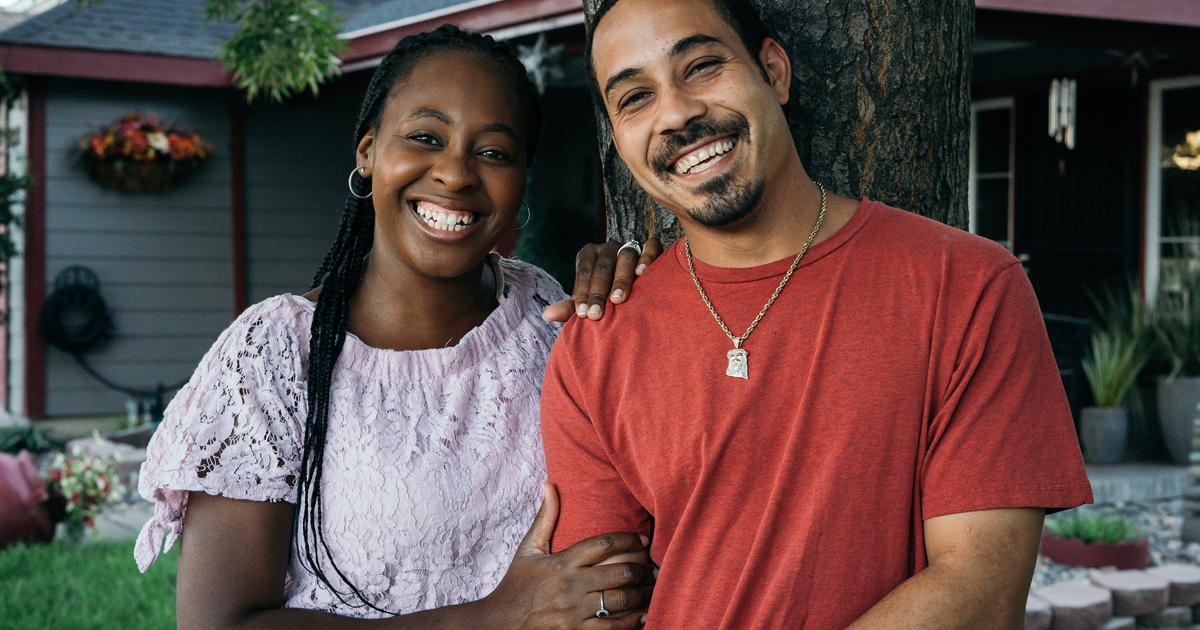Update
2019: A Year of Big Bets
12. 17. 2019
There are many ways to remember 2019, but for us at ESP, this is particularly a year of progress, growth and exciting new challenges

In California and Mississippi, we were fortunate to hear the first stories from recipients of our two ongoing guaranteed income projects. They described new opportunities for themselves and their families, and the peace of mind both financially and emotionally that comes with knowing you have enough in the bank to cover an unexpected expense. In both The Atlantic and Fast Company, Stockton Economic Empowerment Demonstration (SEED) recipients described feeling less stressed, being able to sleep better and spend more time with family. New data was revealed in a Community Dashboard, showing that guaranteed income recipients primarily spent their money on necessities like food and utilities. In Jackson, as part of the Magnolia Mother’s Trust, we heard story after story of single Black mothers using the cash to pay off debt, provide for basics like school supplies for their kids and take their first steps to escape the oppressive cycle of poverty.
Underlying all of these decisions to give people money is the idea of trust. At every step, we ask the media, local politicians and everyday people to question the biases that they hold against the poor and communities of color. For too long, suspicion and fear have held us back from trusting one another, and imagining a future built on big, transformative ideas. This commitment to an inclusive future came most into focus at Bold v. Old, a conference we hosted that showcased a progressive vision of our economic future.
We doubled down on our commitment to cash policies in 2019 with a state and national push for our “Cost-Of-Living Refund.” Former U.S. Secretary of Labor Robert Reich supported our proposed modernizations and expansions of the Earned Income Tax Credit (EITC), and Vox’s Future Perfect highlighted our treatment of caregiving as work as a “fuller safety net for parents.” Our proposals to give low-income students, parents, caregivers of the elderly, sick and disabled a cash benefit reflects the desire to reform the tax code to fight poverty, and rebuild the middle class.
Versions of the Cost-of-Living Refund found supporters in Congress, as both Rep. Rashida Tlaib (D-MI) and Rep. Gwen Moore (D-WI) proposed meaningful expansions of the EITC. Tlaib’s BOOST Act was described as the “closest plan in Congress to universal basic income” by The Washington Post, and Moore’s WRCR Act would expand the credit to nearly half of all Americans.
Finally, as we continued our efforts to put cash back in Americans’ pockets, we turned our attention to those responsible for taking much of that money out. To combat depressed productivity, decreased entrepreneurship, stagnant wages and a host of other signs of a dysfunctional economy, we set our sights on the problem of unchecked corporate concentration. When a single company dominates an industry, we see a disruption of the balance of power toward CEOs and lobbyists who can control our culture and politics on a whim. Starting with an essay in The New York Times explaining why the social media giant Facebook needed to be broken up by its Co-founder and ESP Co-chair Chris Hughes, we entered into a growing national conversation about how to reclaim our economy and democracy from corporate dominance.
The first shot in that fight came from our newly formed Anti-Monopoly Fund, which recently announced support for an inaugural group of 16 organizations committed to researching and countering corporate concentration. In the same way we funded a diverse array of projects in the guaranteed income world, this round of investments supports technical and legal strategies alongside smart, inspiring social campaigns.
Our goal is to fight for every American’s well-being in these times of rising financial uncertainty and challenge the status quo by catalyzing ideas that build economic power for all Americans. We believe the energy is on our side to do so, and look forward to forging the path together in 2020.
